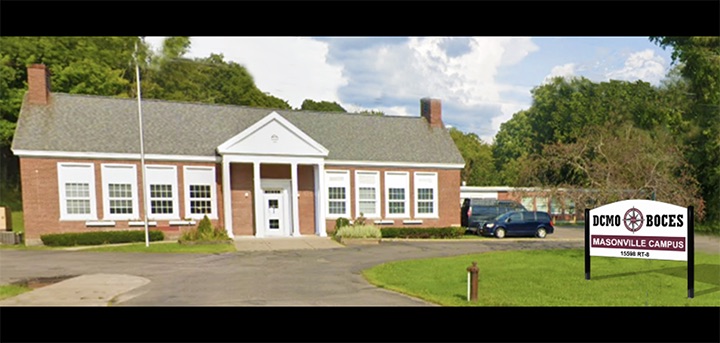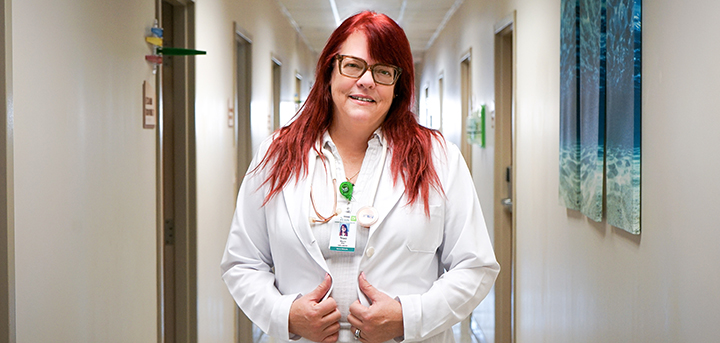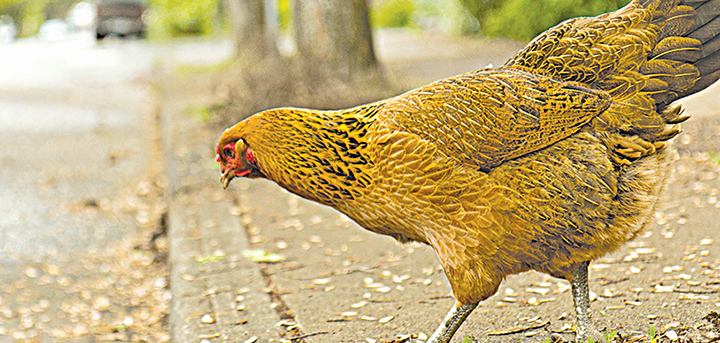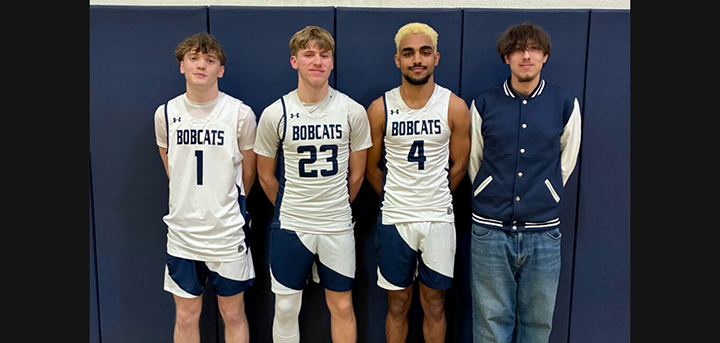“How Cars Conquered Our Cities”
NORWICH – The Chenango County Historical Society will present a lecture by Dr. Brian Ladd on “How Cars Conquered Our Cities.” Free and open to the general public, the event begins at 7 p.m. on Thursday, at the Museum, 45 Rexford St. This event is made possible through Speakers in the Humanities, a program of the New York Council for the Humanities. Refreshments will be served following the lecture.
Dr. Ladd’s program considers how cities have been profoundly changed by our growing reliance on automobiles. Cars permitted motorists to go more places, more quickly and comfortably than ever before. But the individual motorist’s gain was not always a benefit to the community. Cars brought noise, fumes, and mortal danger, and they led us to rebuild our towns, which are now organized around highway strips, expressways and parking lots, rather than main streets and town squares and neighborhood sidewalks.
This illustrated lecture charts a century of literary, scholarly, and political reactions to the intrusion of cars into cities, using local, national, and international examples. It shows how the goal of traffic flow led to suburbs, neighborhoods, and entire cities being rebuilt around motor travel. The result has been a remarkable degree of mobility, on the one hand, and a near-complete dependence on cars, on the other. The lecture permits listeners to consider what has been gained and lost in our freeway-centered life.






Comments